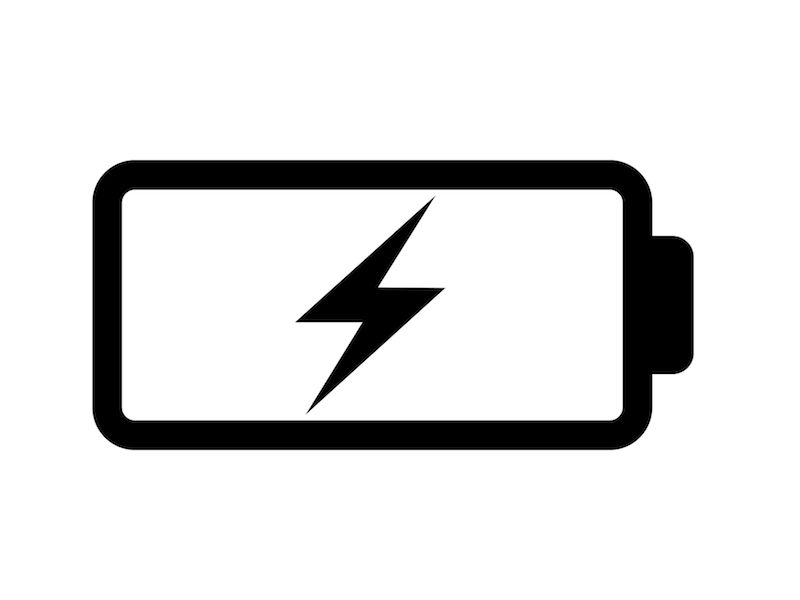
Rechargeable hearing aids are designed so that you’ll have to worry less about losing battery power, but the technology might also make you slightly concerned when you depend on your devices to hear. Do rechargeable hearing aids work, and do they work as well as marketed?
The anxiety is reasonable and so are the question you may have. A hearing aid is often as important for the enjoyment of a tv show or a movie as it is for a trip to the grocery store or any other part of day to day life. When a piece of technology impacts so many facets of your life, it’s essential that it work correctly and dependably.
How Do I Know What Type of Battery I Have?
By default, most contemporary hearing aids come with rechargeable batteries, so if you purchased your hearing aids recently it’s likely that your hearing aids will have one of two battery types. Silver-zinc batteries, which have a battery door on the back of the device, are rechargeable, but every so often they need to be replaced. A Lithium-ion battery, however, will not have a battery door because the batteries will last as long as the hearing aid does.
Rechargeable Hearing Aids Need Special Care
For the most part, rechargeable hearing aids do work, and they work well. The reliability of these devices has enhanced dramatically in the last several years, as battery technologies have improved. As it is with any other electronic device, however, there are some easy maintenance procedures that users can take to improve the dependability of their rechargeable hearing aids.
- The Charging Station is Where Your Hearing Aids Should be Kept: If you consistently store your rechargeable hearing aids on their recharging station you can increase the life of your battery. The long term battery life is not diminished by charging a battery that is not completely drained.As a matter of fact, you can actually enhance the life of the battery by making certain your hearing aids are charging when not in use. For lots of people, setting their charging station next to their bed is a simple reminder to charge the devices when it’s not in use.
- Be Careful of Wires: Either the charging station or the hearing aid itself will contain some kind of wire element on most hearing aids. Most hearing aid users are counseled to be aware of these wires; the connection that enables the device to charge can be broken if you pull on or hold it by the wires.
- Keep Your Hearing Aids Clean and Dry: Your hearing aids will collect debris, dust, and moisture regardless of how often you use them. Any combination of these three elements can diminish the efficiency of your battery and can obstruct charging as much as it needs. That’s why it’s important to keep your hearing aids clean and dry especially when connecting your hearing aid to its charging station.
How to Replace a Rechargeable Battery
Lithium-ion batteries should last the lifespan of your device. Because of this, you shouldn’t need to worry about changing those batteries. Your hearing aids can then be simply charged as long as needed.
However, you will need to occasionally change the batteries if you have a hearing aid that utilizes silver-zinc batteries. The longevity of your battery can be improved by replacing them in the right way. Because of this, hearing professionals suggest the following:
- Don’t get rid of any plastic tabs or packaging until you’re ready to use batteries.
- Five minutes before taking off any tabs that might be attached let the batteries sit at room temperature.
- Be sure you wash your hands before changing your hearing aid batteries.
- Keep batteries in a room temperature spot that is also sure to be dry.
- Ensure that your battery compartment is free of moisture and clean.
Long Periods of Non-Use
If you are planning not to use your hearing aids for long periods of time, leaving them on the charger may no longer be the best way to store your devices. If, for example, you know that you will not be wearing your hearing aids for several weeks or months, you can just remove the charger and store your hearing aids in a dry and cool place.
Think about leaving the battery door open so you can prevent moisture from corroding the batteries if you use silver-zinc batteries.
Rechargeable for Everyday Use
All your general needs should be met if you charge your hearing aids once per day. A lithium-ion battery, as an example, will normally require just 3-4 hours to charge adequate battery power for a 24 hour period.
Do rechargeable hearing aids work? They don’t only work, they are becoming more common every day. Schedule an appointment with your local hearing aid retailer to see all the different models
